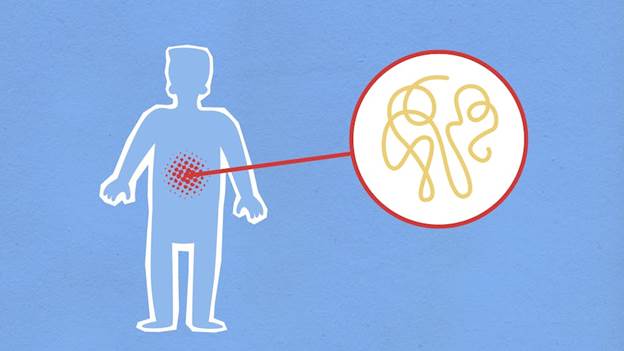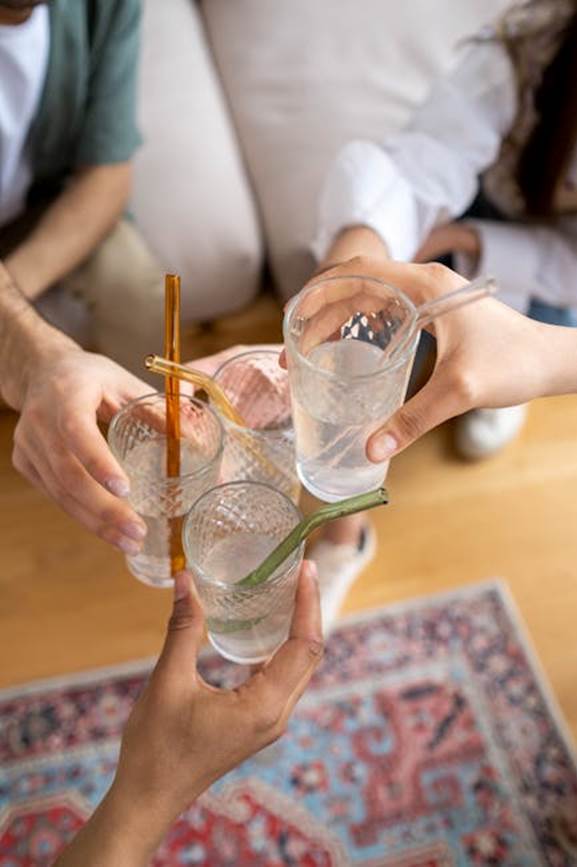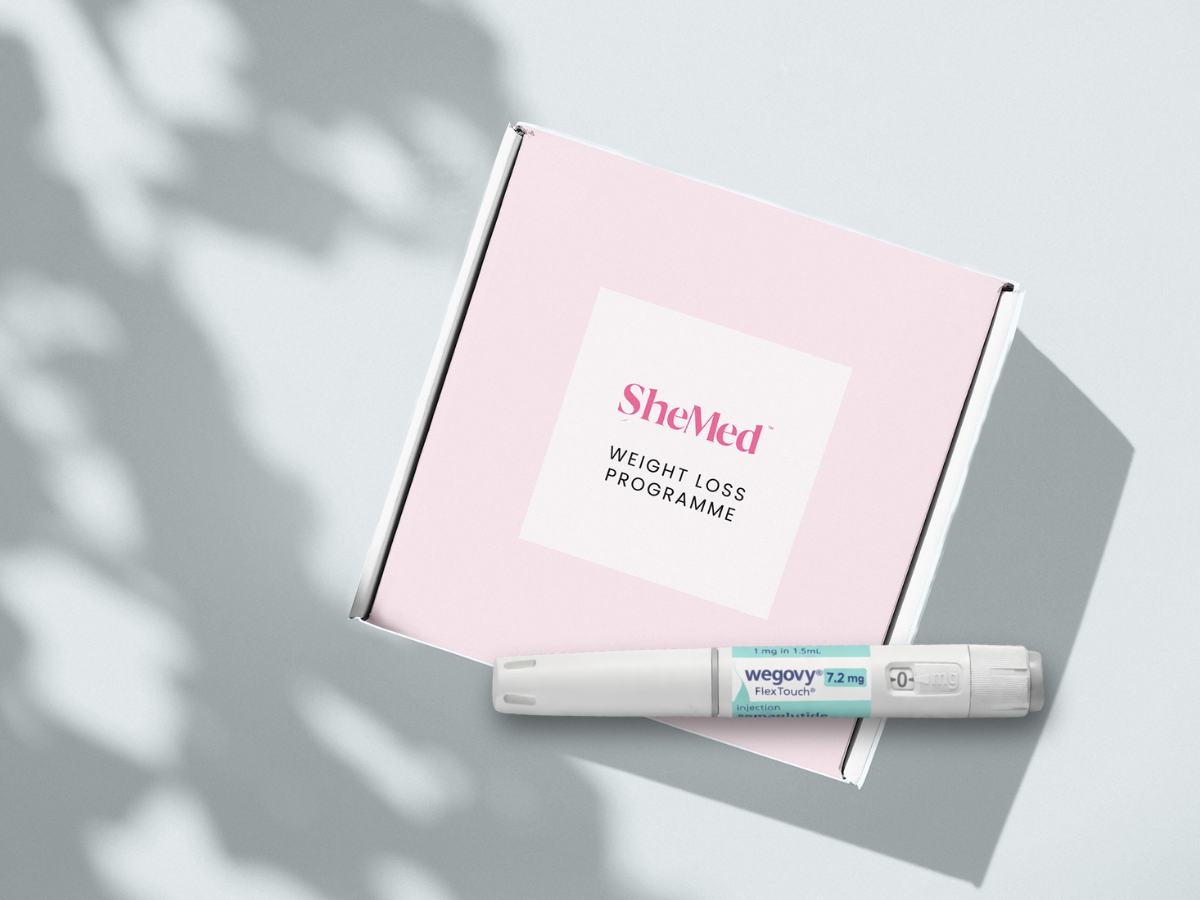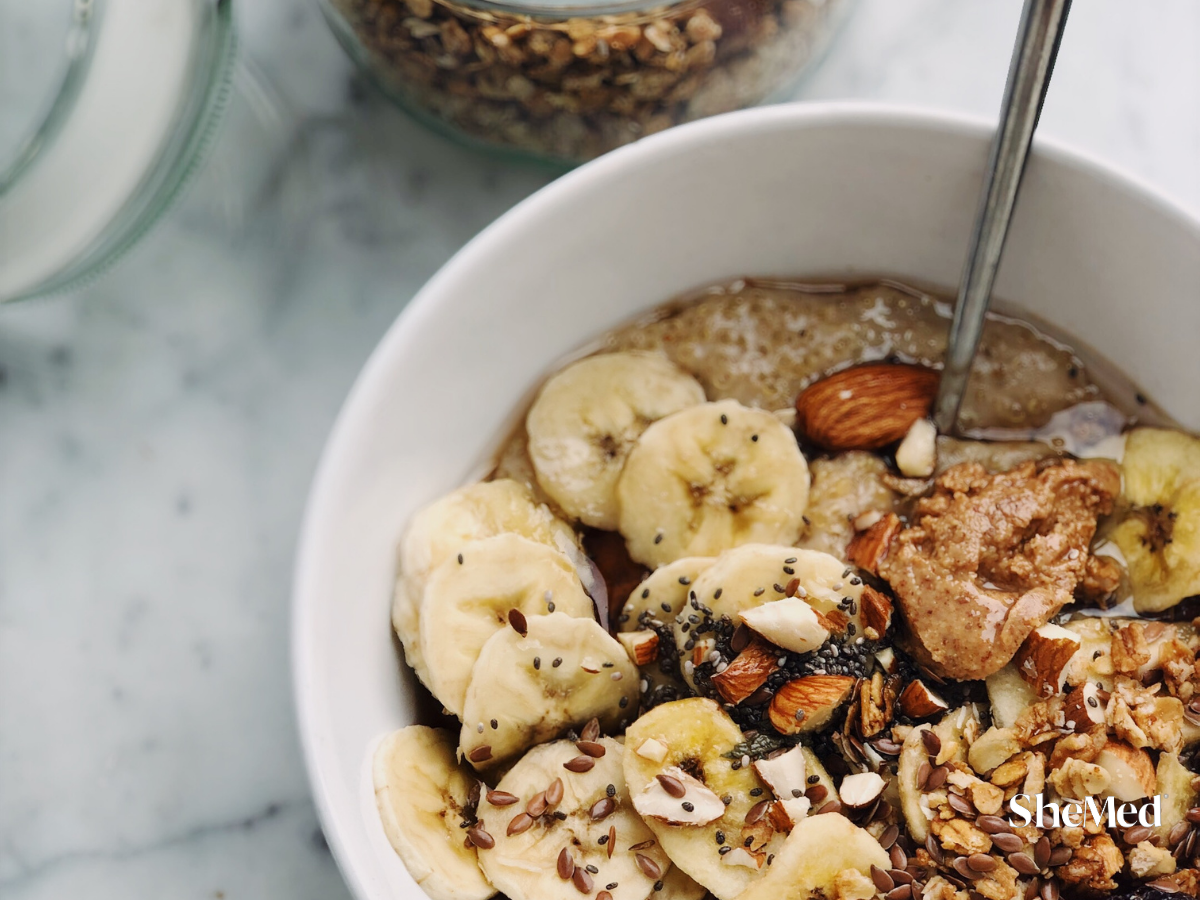
You’ve started your journey with Mounjaro (tirzepatide), a powerful medication helping you manage your type 2 diabetes or weight. You’re feeling the benefits, but then comes the weekend barbecue, the wedding reception, or a simple dinner with friends. You have one glass of wine, something you’ve done countless times before, but this time is different. Soon, you’re battling waves of nausea, stomach cramps, or an unsettling dizziness. If you’ve found yourself asking, “Why do I feel so sick when I drink alcohol on Mounjaro?” you are certainly not alone. This common yet distressing experience has a clear scientific explanation.
As effective treatments like Mounjaro become more prevalent, they prompt important questions about their integration into our daily routines, particularly concerning social activities. Grasping the complex interaction between this medication and alcohol is crucial not only for avoiding discomfort but also for protecting your health. This article will delve into the scientific reasons behind the discomfort, examine the associated risks, and offer practical, empowering strategies to help you navigate social settings with confidence and safety.
Understanding Mounjaro (Tirzepatide): How It Affects Your Body
To grasp why alcohol can make you feel ill while on Mounjaro, it’s essential to first understand how the medication works. Mounjaro is not just another diabetes drug; it’s a first-in-class treatment that operates on two key fronts, which directly impacts how your body processes everything you consume, including alcohol.
The Dual-Action Mechanism: GIP and GLP-1 Agonists
Mounjaro is a dual glucose-dependent insulinotropic polypeptide (GIP) and glucagon-like peptide-1 (GLP-1) receptor agonist. While the name is a mouthful, its function is elegant. It mimics two natural gut hormones that help regulate your blood sugar and appetite. One of the most significant effects of this action is the slowing of gastric emptying. This means that food and drink remain in your stomach for a longer period. This mechanism is a key reason Mounjaro is so effective for weight loss and blood sugar control—it makes you feel fuller for longer, naturally reducing your calorie intake. However, this digestive slowdown is also the primary culprit behind the unpleasant interaction with alcohol.
Common Gastrointestinal Side Effects of Mounjaro
Even without alcohol, Mounjaro can cause a range of gastrointestinal (GI) side effects, particularly when you first start the medication or increase your dose. These are a direct result of the changes in your digestive process. According to the manufacturer, Eli Lilly and Company, the most common side effects include:
- Nausea
- Diarrhoea
- Decreased appetite
- Vomiting
- Constipation
- Indigestion (dyspepsia)
- Stomach (abdominal) pain
These symptoms occur because your digestive system is adapting to a new, slower pace. When you introduce a known stomach irritant like alcohol into this already sensitive environment, you create the perfect storm for feeling sick.

The Science Behind the Sickness: Why Mounjaro and Alcohol Sometimes Don’t Mix
When you combine Mounjaro and alcohol, you’re essentially layering the effects of a digestive slowdown with a substance that irritates the GI tract and disrupts metabolic processes. This leads to several specific problems that explain why you feel so unwell.
Amplified Gastrointestinal Distress: A Double Impact
This is the most common reason for feeling sick. Alcohol is a direct irritant to the stomach lining. Under normal circumstances, your stomach would process and pass the alcohol into the small intestine relatively quickly. However, because Mounjaro has slowed your gastric emptying, the alcohol sits in your stomach for a much longer duration. Imagine a traffic jam in your digestive system where an irritating substance is stuck. This prolonged contact can significantly worsen feelings of nausea, lead to sharp stomach pains, cause severe indigestion, and often trigger vomiting as your body tries to expel the irritant.
- Real-Life Example: Sarah, a 45-year-old on Mounjaro for six months, went to a wedding and had a single glass of champagne during the toast. Within an hour, she felt intensely bloated and nauseous, symptoms far more severe than any she’d experienced from the medication alone. The champagne, which would normally have passed through her system quickly, lingered in her stomach, causing significant discomfort for the rest of the evening.
The Dangerous Dance of Blood Sugar: Hypoglycaemia Risk
Both Mounjaro and alcohol can lower your blood sugar levels, and their combined effect can be dangerous. Mounjaro works to lower blood sugar as part of its therapeutic effect. Alcohol, particularly when consumed without food, also lowers blood sugar. It does this by impairing the liver’s ability to produce and release glucose. Your liver treats alcohol as a toxin and prioritises metabolising it over its other jobs, including maintaining stable blood glucose.
This combination can lead to hypoglycaemia (abnormally low blood sugar). The symptoms can be mistaken for simply being drunk, which makes the situation particularly risky. According to the NHS, symptoms include:
- Dizziness and light-headedness
- Sweating and shakiness
- Confusion and difficulty concentrating
- Blurred vision
- Anxiety and irritability
- In severe cases, loss of consciousness
Drinking sugary cocktails can initially cause a blood sugar spike, followed by a sharp, delayed crash as the alcohol is metabolised, making your levels even more unpredictable.
Dehydration and Electrolyte Imbalance
Alcohol is a diuretic, meaning it makes you urinate more frequently, leading to fluid loss. If you also experience vomiting or diarrhoea from the combined effects of Mounjaro and alcohol, you can become severely dehydrated very quickly. Dehydration exacerbates feelings of nausea, causes headaches, and can make you feel fatigued and generally unwell. This loss of fluids also disrupts your body’s electrolyte balance, which is crucial for nerve and muscle function, further contributing to your symptoms.
Factors That Can Influence Your Reaction
Not everyone will have the same reaction. Several factors can determine how sick you might feel after drinking alcohol while on Mounjaro.
- Your Mounjaro Dosage and Treatment Phase: If you have just started Mounjaro or recently increased your dose, your body is still adjusting, and you are likely to be more sensitive to GI side effects.
- The Type and Quantity of Alcohol Consumed: A small sip of dry wine might be tolerated better than a large, sugary cocktail or several pints of beer. The more you drink, the higher the risk of a negative reaction.
- The Importance of Food: Drinking on an empty stomach is particularly risky. Food acts as a buffer, slowing the absorption of alcohol and helping to stabilise blood sugar levels.
- Individual Health Factors and Metabolism: Your unique physiology, hydration level, and overall health play a significant role. Some people are simply more sensitive to the effects of alcohol or the side effects of the medication.
Practical Strategies for Safer Socialising
The goal isn’t to lock yourself away from social events but to equip yourself with the knowledge to navigate them safely. Here are some practical strategies to help you enjoy yourself without feeling ill.
Embrace Alcohol-Free Alternatives
The market for sophisticated, adult non-alcoholic beverages has exploded. You can enjoy a delicious, complex drink without any of the risks.
- Craft Mocktails: Ask the bartender for a mocktail made with fresh juices, herbs like mint or basil, and sparkling water.
- Alcohol-Free Spirits: Brands like Seedlip, Lyre’s, and Caleño offer excellent non-alcoholic versions of gin, rum, and other spirits.
- Kombucha or Sparkling Tea: These offer a fermented, slightly tart flavour profile that can be a satisfying alternative to wine or beer.
- Simple and Classic: A sparkling water with a squeeze of fresh lime or lemon is always a refreshing and safe choice.

Plan Your Meals Strategically
Try never to drink on an empty stomach. If you plan to have a single alcoholic beverage, ensure you have a balanced meal first. Focus on a meal containing:
- Complex Carbohydrates: (e.g., whole grains, sweet potatoes) to provide sustained energy.
- Lean Protein: (e.g., chicken, fish, tofu) to promote satiety.
- Healthy Fats: (e.g., avocado, nuts) to further slow alcohol absorption.
Master the Art of Pacing and Moderation
If you and your doctor decide that a small amount of alcohol is acceptable for you, moderation is key.
- Set a Strict Limit: Decide on a one-drink maximum before you go out and stick to it.
- Sip Slowly: Make your drink last throughout the event.
- Alternate with Water: For every sip of an alcoholic drink, take a few sips of water. This keeps you hydrated and naturally slows your consumption.
Communicate Your Choices with Confidence
You do not owe anyone an explanation, but if you feel comfortable, a simple statement can prevent peer pressure. You could say, “Alcohol doesn’t agree with the medication I’m on, so I’m sticking to mocktails tonight!” Most friends will be supportive and understanding. Your health is your priority.
What to Do If You Feel Unwell
If you do drink and start to feel sick, it’s important to know how to respond.
Immediate Steps to Take at Home
- Stop Drinking Alcohol: This is the first and most crucial step.
- Rehydrate: Sip water or an electrolyte drink (like a sugar-free sports drink) slowly.
- Monitor Blood Sugar: If you have diabetes, check your blood sugar levels frequently.
- Eat a Small, Bland Snack: If you are feeling hypoglycaemic (shaky, dizzy), try eating a few crackers or a piece of toast to help stabilise your blood sugar. Avoid heavy or greasy foods.
- Rest: Lie down and rest until the symptoms subside.
Conclusion: Making Informed Choices for Your Health and Well-being
Feeling sick after drinking alcohol on Mounjaro is a direct physiological response to the combined effects of slowed digestion, stomach irritation, and metabolic disruption. The interaction is not a sign of personal weakness but a predictable outcome of how these two substances work within your body. For many, the most straightforward and safest approach is to avoid alcohol altogether while on this medication.
By understanding the “why” behind the sickness, you are empowered to make choices that protect your health and allow you to participate fully and joyfully in your social life. Prioritise open communication with your healthcare provider, listen to your body’s signals, and embrace the wealth of delicious non-alcoholic options available. Your health journey is a marathon, not a sprint, and making conscious, informed decisions is your key to success.

References
- Eli Lilly and Company. (2023). Mounjaro (tirzepatide) Patient Information. Retrieved from https://www.mounjaro.com
- National Health Service (NHS). (2022). Low blood sugar (hypoglycaemia). Retrieved from https://www.nhs.uk/conditions/low-blood-sugar-hypoglycaemia/
- U.S. Food and Drug Administration (FDA). (2022). Mounjaro (tirzepatide) Prescribing Information. Retrieved from https://www.accessdata.fda.gov/drugsatfda_docs/label/2022/215866s000lbl.pdf
- Smits, M. M., & Van Raalte, D. H. (2021). Safety of Semaglutide. Frontiers in Endocrinology, 12, 645563. https://doi.org/10.3389/fendo.2021.645563 (Note: This reference discusses a similar GLP-1 agonist, providing context on the class effect regarding pancreatitis).
Take charge of how you look and feel.
Backed by science. Guided by experts.
SheMed’s medical weight loss programme combines expert care and science-backed treatment to help you feel and look your best — for life.
SheMed’s medical weight loss programme combines expert care and science-backed treatment to help you feel and look your best — for life.
The content on the SheMed blog is provided for general informational and educational purposes only. While SheMed provides professional weight loss services and strives to ensure the information shared is accurate and up to date, we make no representations or guarantees as to its accuracy, completeness, or timeliness. This content should not be taken as personal medical advice or a substitute for consultation with a qualified healthcare provider. Always speak with your doctor or licensed medical professional about your individual health or medical needs before starting any new treatment or programme. Never disregard or delay seeking professional medical advice because of something you have read on this site. SheMed is not responsible for any actions you may take based on the information provided in this blog.
Subscribe to our Newsletter
Thank you! Your submission has been received!
Oops! Something went wrong while submitting the form.


